And so much for things going smoothly.
In spite of the fact that Jeff Bezos has committed to spending billions of dollars to combat climate change, he is the owner of a superyacht that costs $500 million and produces thousands of tonnes of carbon emissions annually, according to a new analysis conducted by academics from Indiana University.
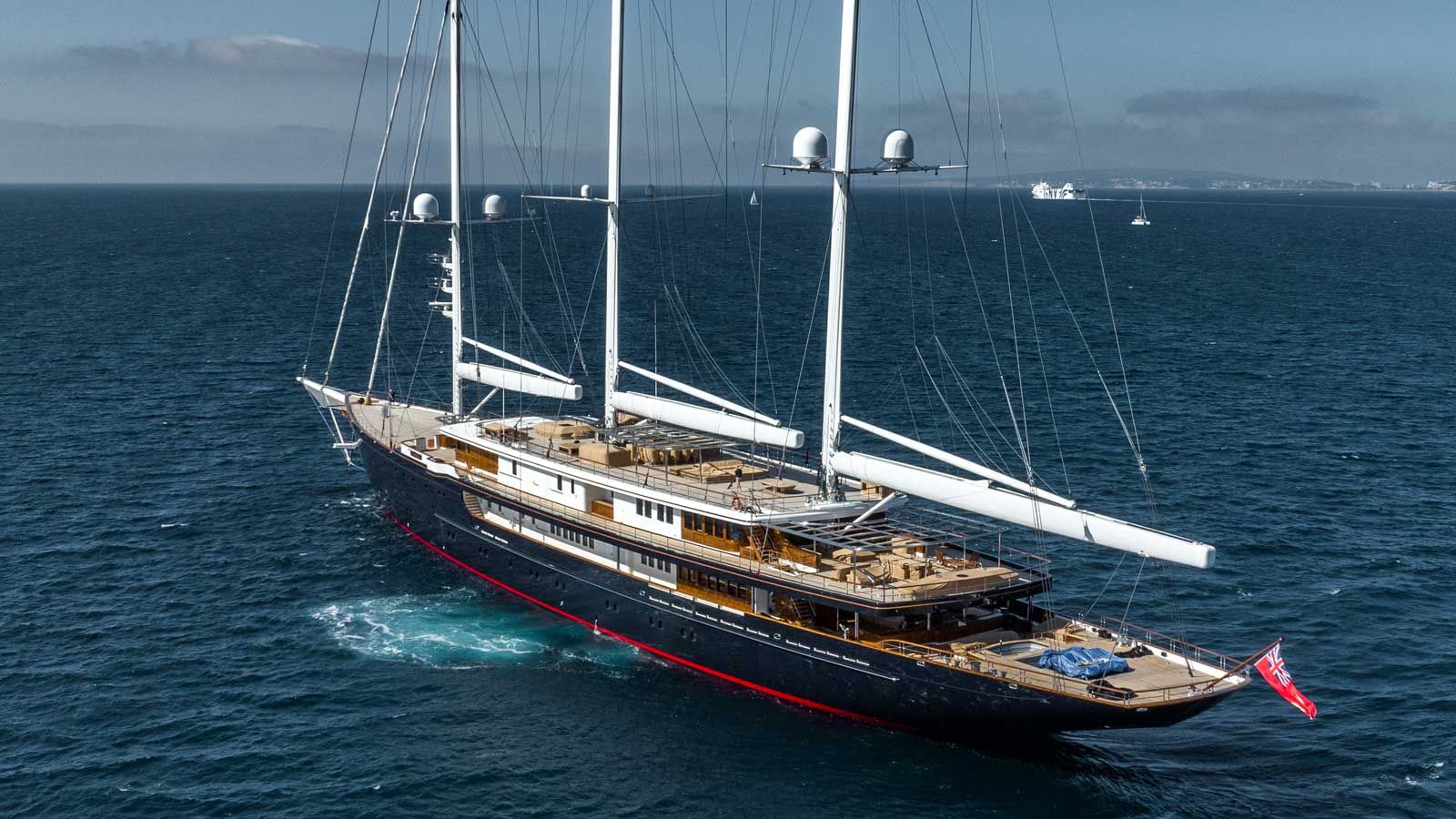
According to the findings of the Indiana researchers, the sailing boat “Koru,” which is 417 feet in length, generates an incredible minimum of 7,154 tonnes of greenhouse gases yearly. This is approximately 447 times the total annual carbon footprint of the ordinary American.
The findings, which are on the basis of data that is available to the public, come at a time when the third-richest man in the world has pledged to spend ten billion dollars over the course of ten years through the Bezos Earth Fund to counteract the effects of climate change.
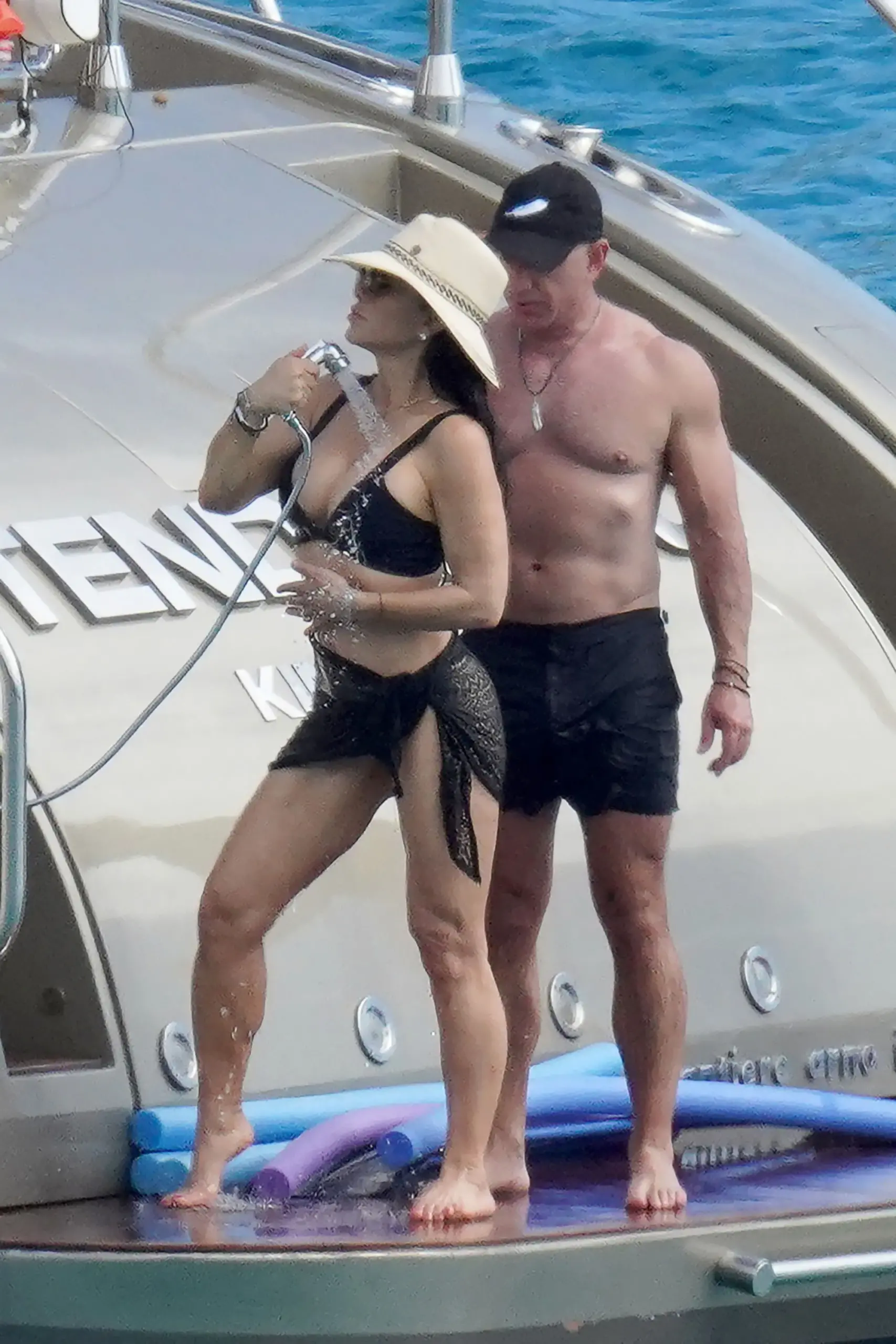
To date, the fund has distributed a total of $1.84 billion, which includes funds for the preservation and restoration of natural areas as well as the transformation of food systems.
Based on the information provided by Nautical Channel, the first boats that Bezos has acquired are the Koru and the Abeona, which serves as its support vessel.
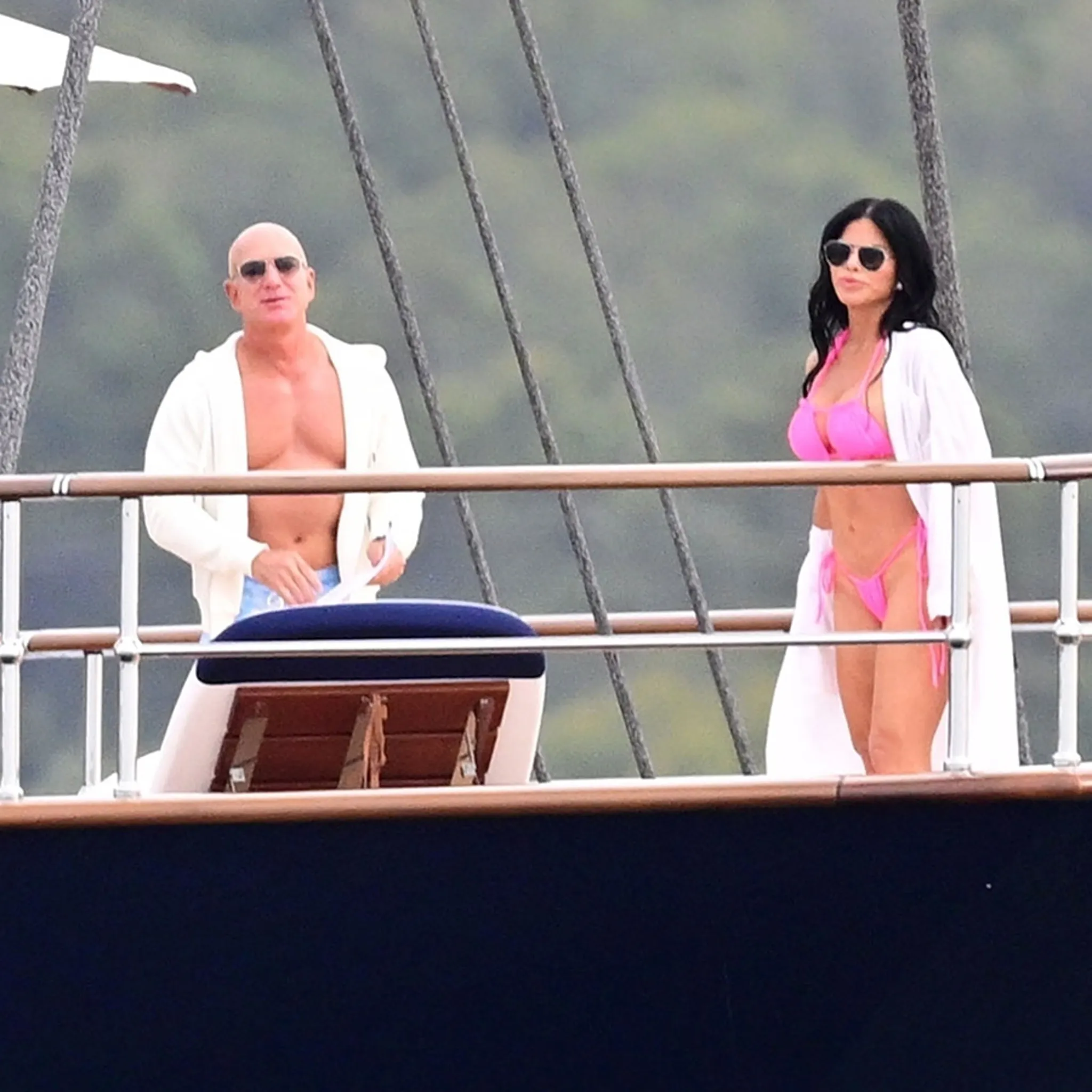
Billionaires like Bezos, whose net worth is approximately 164 billion dollars, “are invested in these issues like climate change and carbon emissions, and publicly, they are very vocal about that,” said Beatriz Barros, a PhD candidate in anthropology at the University of Indiana, who analysed the ship’s emissions with anthropologist Richard Wilk.
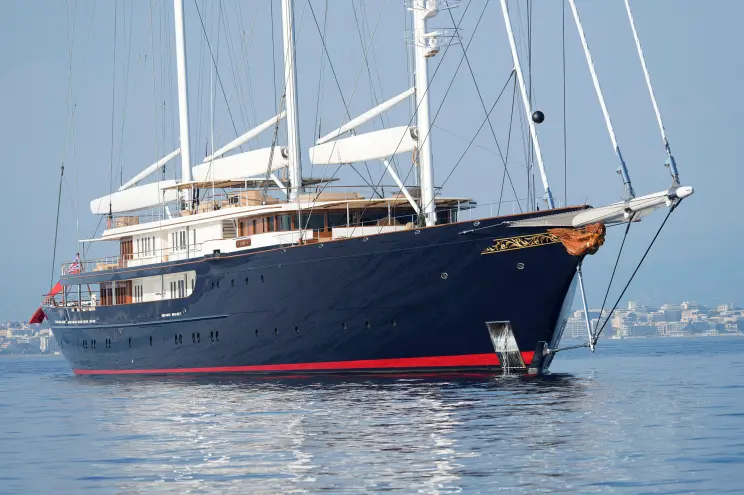
However, due to the fact that they are so wealthy and powerful, they believe that they are entitled to cruise on superyachts that produce carbon dioxide, whereas you and I ought to reduce the amount of time we spend driving and the amount of meat we consume, she said.
Bezos’ three-masted goliath generates a slew of greenhouse gases simply by heating and cooling the vessel and powering the ship’s various over-the-top luxury amenities such as its sauna, pool, and theatre. Boating industry experts have fawned over Koru’s “green” ability to travel via wind power, but Barros sniffed that Bezos’ ship generates a slew of greenhouse gases.

“I don’t see how, how in any way this can be considered to be environmentally friendly,” Barros said, whose findings with Wilk were first reported by The Guardian. Barros’s findings were originally published in 2016.
The superyacht, which was constructed by Oceanco, a company located in the Netherlands, and which made its first voyage in April, was accompanied by the 246-foot Abeona, which is outfitted with jet skis and a helicopter pad to accommodate the personal helicopter that Bezos’ girlfriend, Lauren Sanchez, uses.
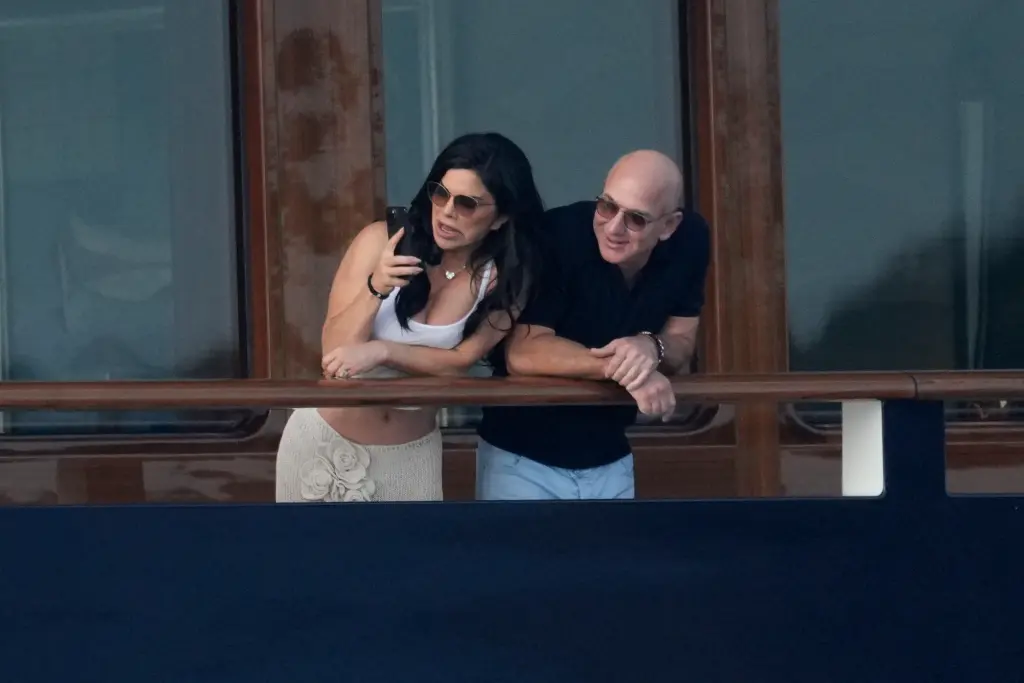
The emissions from the sister boat were not taken into consideration in Barros and Wilk’s analysis.
The money that Bezos possesses shields him from the effects of environmental concerns, according to Dario Kenner, the author of the book “Carbon Inequality: The Role of the Richest in Climate Change.”
Kenner stated that there is a feeling of disconnection, both emotionally and physically, between the wealthy and climate change.
He explained that the most impoverished people live in the areas that are nearest to toxic air facilities, refineries, and places where pollution is deposited. He also mentioned that land is more affordable in those areas.
“If you are wealthy, you are less likely to come into contact with environmental disaster zones; you are better protected from severe weather and from air pollution.”
The emissions from Koru are not the only challenging circumstances that Bezos has encountered in recent years regarding his environmental credentials.
Bezos was criticised on the internet in 2021 for allegedly travelling by helicopter to party on Bill Gates’ superyacht. This occurred just a few days before he was scheduled to attend the COP26 climate summit in Scotland via private plane. Many people were upset about this.
The billionaire uses sustainable aviation fuel for his flights and pays for carbon offsets, which are initiatives that fund projects that reduce greenhouse gas pollution and balance out carbon emissions caused by the visits, according to a spokeswoman for Bezos who talked to Observer.com at the time.
Months after the then-CEO of Amazon, Jeff Bezos, made a commitment to convert the operations of the online retail giant to net-zero carbon dioxide emissions by the year 2040, hundreds of Amazon employees criticised the firm for its ongoing contracts with oil and gas companies when they were working for the company the previous year.
In response to requests for comment, Bezos and the Bezos Earth Fund did not provide a response.